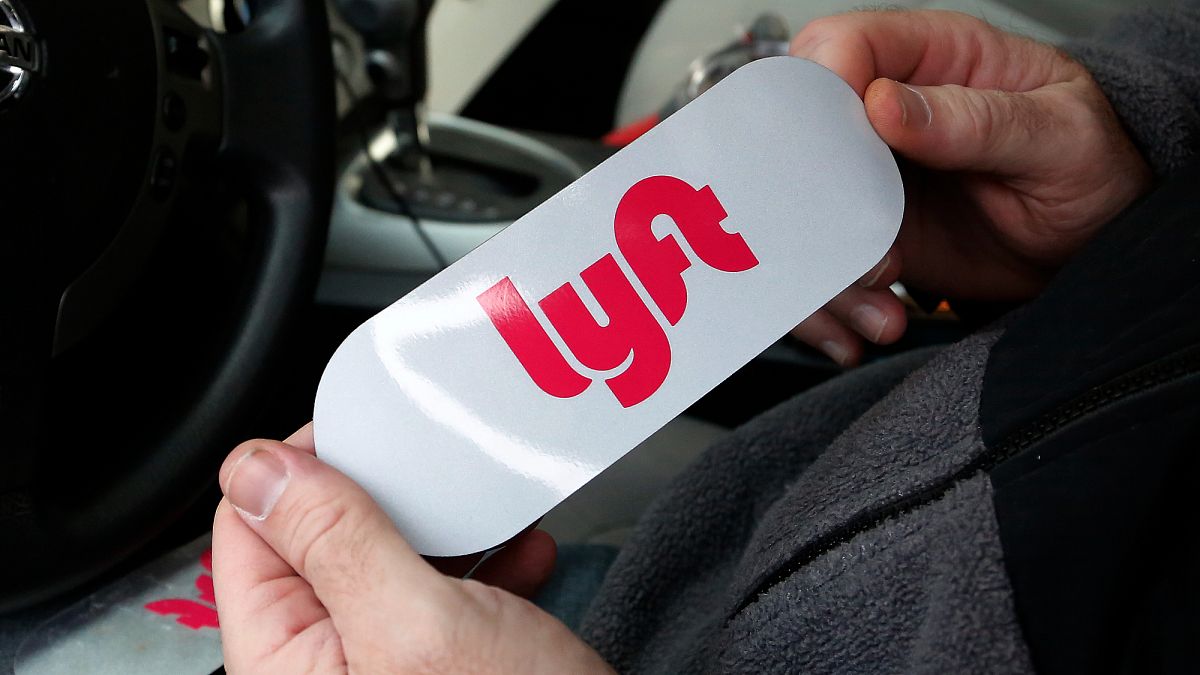

In an exciting development for the mobility sector, Lyft has announced its collaboration with Chinese AI firm Baidu to introduce robotaxi services in Europe by 2026. This initiative marks a significant milestone in autonomous vehicle technology, promising a new era of urban transportation. The partnership aims to bring robotaxis to the streets of Germany and the United Kingdom as early as next year, signifying a bold step for both companies in expanding their international reach.
Lyft, renowned for its ride-hailing services, is tapping into the burgeoning field of autonomous vehicles through this strategic partnership with Baidu, a leader in AI and autonomous driving technology. Baidu’s expertise in artificial intelligence and robotics complements Lyft’s established network and infrastructure, creating a synergy that could revolutionize how people commute in busy European cities. This venture is not only about technological integration but also about enhancing the commuter experience by providing efficient, safe, and environmentally friendly transport alternatives.
The introduction of robotaxis is part of a broader trend towards intelligent urban mobility, driven by technological advancements and the growing demand for sustainable transportation solutions. The deployment of robotaxis is poised to reduce traffic congestion and cut down on emissions, aligning with global efforts to combat climate change. Moreover, the convenience of app-based, autonomous rides is expected to transform the way urban residents and visitors navigate their metropolitan environments, offering a seamless blend of technology and accessibility.
However, the rollout of robotaxis will coincide with new EU data regulations, raising important considerations regarding data privacy and security. The EU’s Data Act, set to take effect in September, is designed to protect consumers by regulating how companies collect, store, and use data. This legislative framework aims to ensure transparency and accountability in data handling, crucial in an age where data drives significant technological innovations.
The tech sector is observing the timing of these regulatory changes closely, as they align with other initiatives aiming to streamline digital operations within the EU. The European Commission’s digital simplification measures, expected to be unveiled three months after the Data Act’s enforcement, aim to reduce bureaucratic hurdles, fostering a more innovation-friendly environment for tech companies. This dual development—advancing transport technologies and evolving data governance—reflects a dynamic period in European regulatory landscape.
While these developments introduce complexities for tech companies, they also present a chance to build trust with consumers through adherence to robust data protection standards. The implementation of such measures underscores a commitment to safeguarding user information, an essential component of consumer confidence in emerging technologies like autonomous vehicles.
For Lyft and Baidu, navigating this regulatory terrain will be pivotal in successfully launching their services. Companies operating in the autonomous vehicle space must be diligent about compliance with these data rules to ensure both technological innovation and consumer protection go hand in hand. As the European market holds significant potential, understanding and integrating these regulatory measures will be key to capitalizing on new opportunities.
In conclusion, the planned introduction of robotaxis by Lyft and Baidu in Europe signals an exciting frontier in urban mobility. It exemplifies the blend of cutting-edge technology with everyday convenience, poised to reshape city transportation. While facing regulatory challenges, both firms have the opportunity to pioneer a new standard of service that respects both personal privacy and the need for innovation. As these advancements unfold, they promise to create a harmonious balance between technological progress and societal benefits.
Source: {link}
